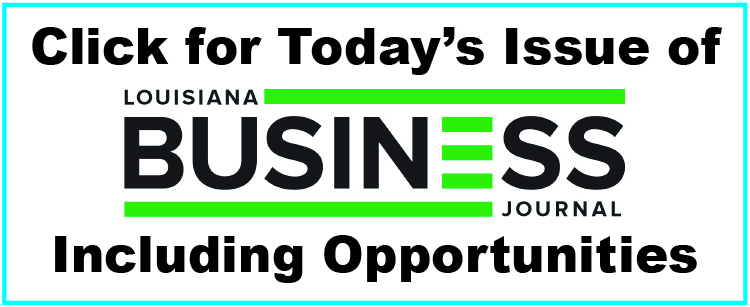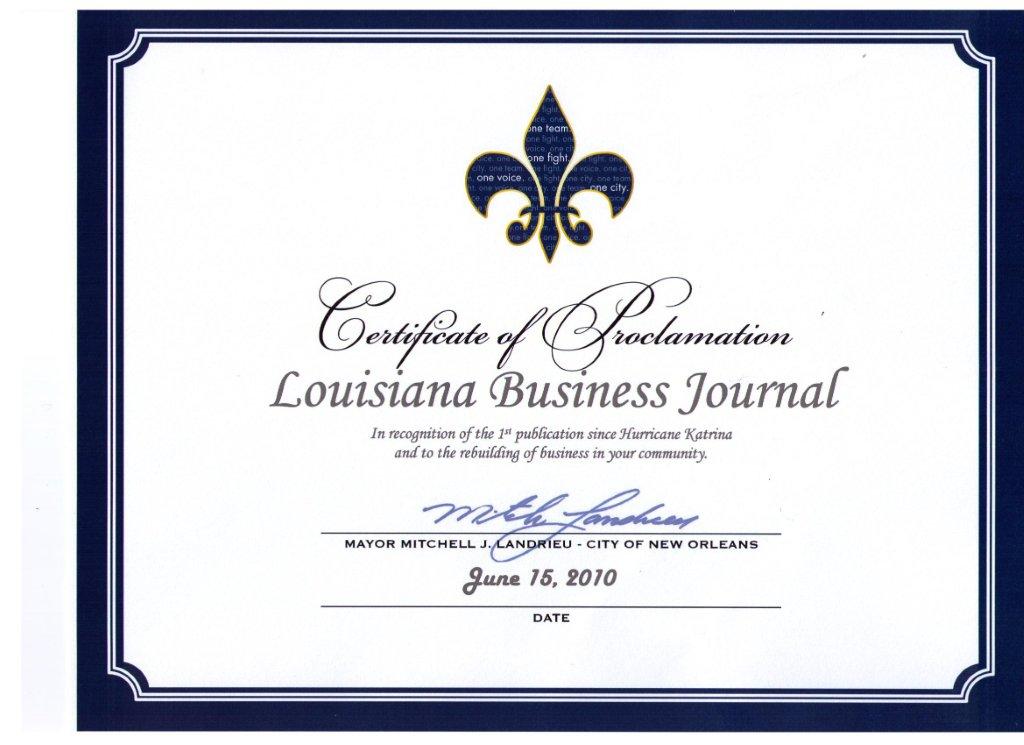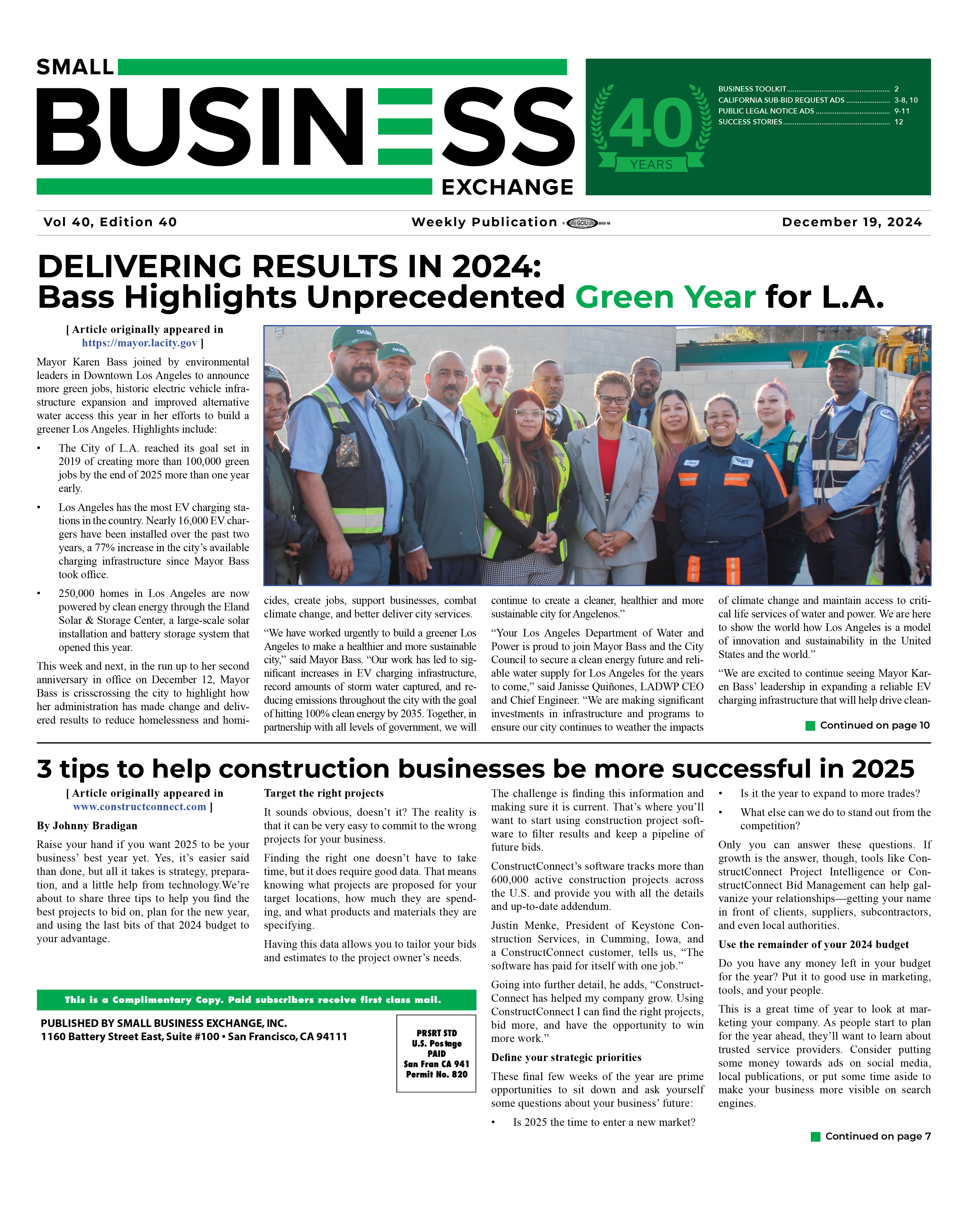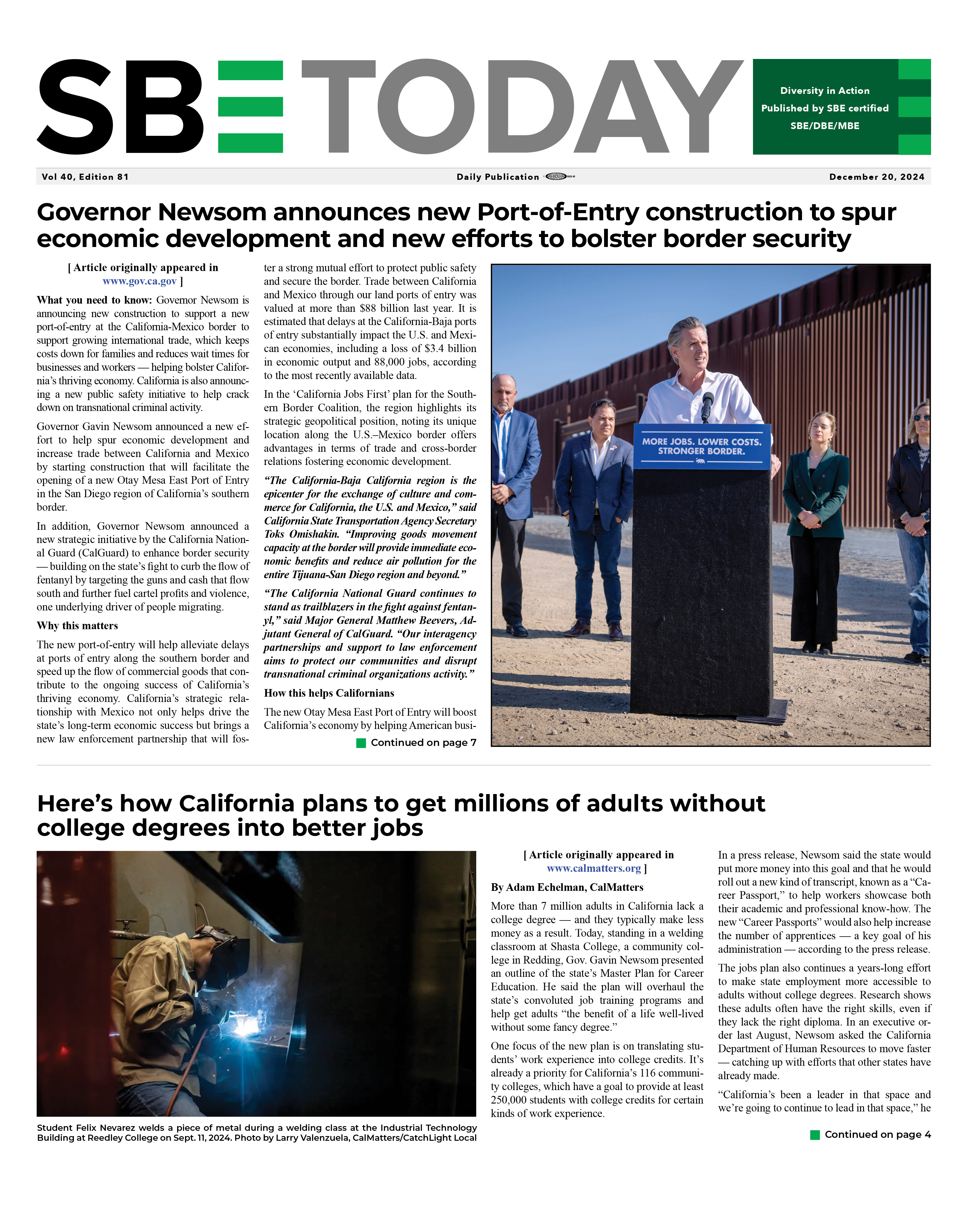Profit with Honor: MWDBE Good Faith Efforts
12/03/2024
 By Leslie Ann McMillan By Leslie Ann McMillan
To borrow a phrase from eminent scholar Daniel Yankelovich, who himself adapted it from the most eminent source—profit with honor is essential to healthy enterprise. The author of Profit with Honor: The New Stage of Market Capitalism (Yale University Press, 2006) urges businesses to aspire to higher ethical ground in their values and practices, to their own benefit and that of society generally.  Mr. Yankelovich writes, “In this book, I use the term stewardship ethics to convey the commitment to care for one’s institution and those it serves in a manner that responds to a higher level of expectations. In the chapters that follow, I elaborate how the ethical commitments of corporate cultures are directly related to the social, political, and economic structures of the larger society. If our corporations can upgrade their ethical norms to the level of stewardship ethics, this achievement will also strengthen the ethical values of our society.” Mr. Yankelovich writes, “In this book, I use the term stewardship ethics to convey the commitment to care for one’s institution and those it serves in a manner that responds to a higher level of expectations. In the chapters that follow, I elaborate how the ethical commitments of corporate cultures are directly related to the social, political, and economic structures of the larger society. If our corporations can upgrade their ethical norms to the level of stewardship ethics, this achievement will also strengthen the ethical values of our society.” Although Mr. Yankelovich’s book does not directly address the realm of diversity contracting and procurement, its principles can reward all of the partners—small businesses, large contractors and suppliers, agencies, and the public. Although Mr. Yankelovich’s book does not directly address the realm of diversity contracting and procurement, its principles can reward all of the partners—small businesses, large contractors and suppliers, agencies, and the public.
Agencies do have valid moral, social, and economic reasons to establish goals for greater government contract participation by small businesses owned by minorities, women, or disadvantaged entrepreneurs. Putting the ideals into practice requires honest commitment and perseverance in the hearts, minds, and actions of everyone involved in the process.
As Mr. Yankelovich observes regarding the wider subject of ethical business pursuits, “Laws and regulations by themselves do not ensure compliance. One of the most prominent features of the scandals is gaming the system—finding clever ways of circumventing the rules and regulations. . . . The key to successful reform is to combine regulations and norms in such a way that they mutually support each other in encouraging companies (and gatekeepers) to do the right things, not the wrong ones. . . . Norms are social values—the unwritten rules that dictate what sorts of behavior are acceptable or unacceptable.”
During forty years of MWDBE enactments throughout all levels and structures of government in America, the term good faith effort has gained crucial significance. It has become sacrosanct in awarding and fulfilling contracts.
Yet even the sacred can be obscured by layers of rules and practices. Let’s get to the heart of the matter. Somewhere—in all of the stress and busyness of project awareness, strategizing, estimating, mobilizing, capitalizing, diversity outreach and documentation, bid preparation, submission, suspense, then actually fulfilling the contract during a period of days, weeks, months, or years—somewhere is the pure ideal of good faith. If it is not alive, it needs to be revived.
Good faith: Honest intent to act without taking an unfair advantage over another person or to fulfill a promise to act, even when some legal technicality is not fulfilled. The term is applied to all kinds of transactions. (www.law.com)
Good faith was greatly tested along the strenuous route through the Emancipation Proclamation of 1863, the Thirteenth Amendment of 1865, the Fourteenth Amendment of 1868, the Fifteenth Amendment of 1870, the Civil Rights Act of 1964, and the Voting Rights Act of 1965.
Good faith reached another milestone in the 1980s with the enactment of early MWDBE laws.
During four decades, it seems that good faith efforts in meeting diversity contracting goals have moved from high expectations with low numbers, to pragmatic expectations with modest numbers, to mixed expectations with uncertain numbers, to reinvigorated expectations with unmet numbers. Not only must the light of the ideal be lifted up, but so also the means of practical access.
Obstacles, failures, and disappointments along the way have not always been the fault of conventional culprits such as greed, corruption, prejudice, deceit, thuggery, or shoddiness. Quite often, opportunity meets availability but without the capacity to make it all work. One solution involves a paradigm change in standard business practices, such as the active embrace of stewardship ethics as discussed by Mr. Yankelovich—that is, the commitment to care for one’s institution and those it serves in a manner that responds to a higher level of expectations.
For your Small Business Exchange Northeast editor, the personal paradigm change intervened two decades ago on a gritty, noisy Brooklyn sidewalk.
For fifteen years, JJ had sat genially with his plastic cup beside the door of a busy deli. His glowing dark skin contrasted against the light complexions of the many new immigrants in the neighborhood. My husband and I had a specific calling to serve the new immigrants in a nearby center that provided various classes and programs. JJ was not part of the plan.
For two years, I walked past JJ on my way to and from work. I was helping people who were actively seeking to improve their lives, but this man . . . my reasoning was so assured.
One day, JJ calmly spoke. “Miss, you scare me. You never smile.” He was right. My warmth had been reserved for others, seemingly more worthy. On that road to Damascus, a friendship began. Eventually, I realized that nice smiles, brief chats, and helpful advice were not enough.
Compelled by conviction, I met with the deli owner one Monday morning and asked him to give JJ a fresh sandwich every day. I would pay in advance each month. The arrangement continued for two years. Then JJ disappeared.
A few years later, a tall, well-dressed man greeted me with a wide smile on that Brooklyn street. JJ had been busy earning his GED diploma, reconciling with his family, and working a steady job. His new life continues to this day. My role was very small, but the rewards are immeasurable.
Read Daniel Yankelovch’s introduction to Profit with Honor: The New Stage of Market Capitalism: http://yalebooks.com/book/9780300122602/profit-honor
Source:Louisiana Business Journal
Back To News |
|
|
|
|
||
|
© 2024 Small Business Exchange, Inc. |
||







